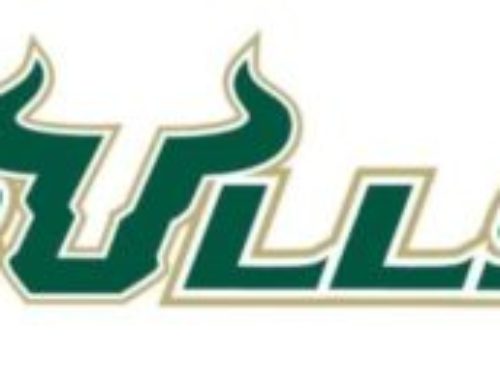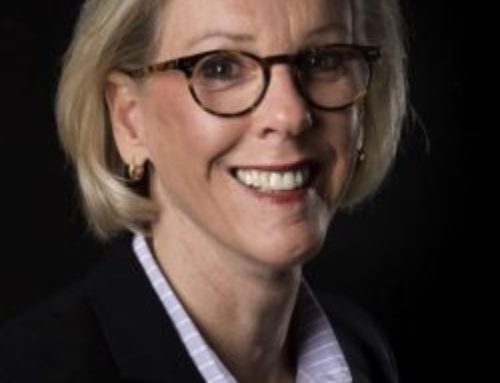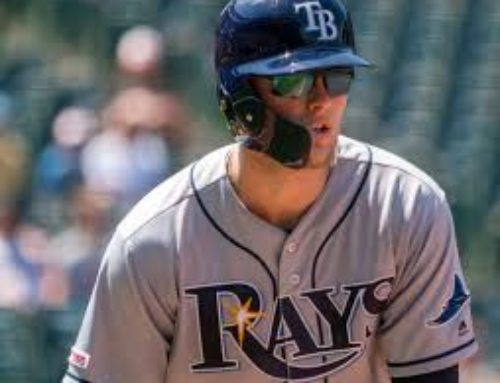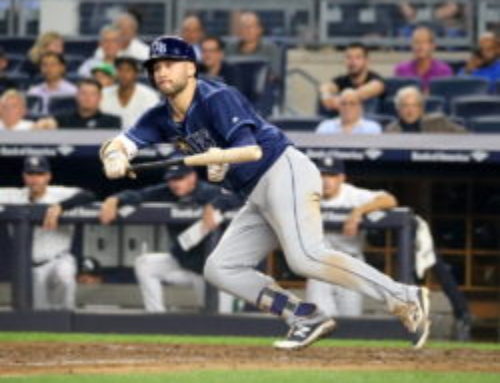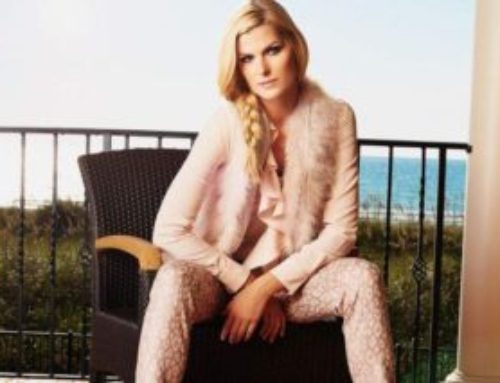Sixteen writers have their own Super Bowl streak
By JOEY JOHNSTON
Tribune Sports Writer
(c) Tampa Bay Times. Originally published Jan. 21, 1984.
TAMPA — Norm Miller almost missed Super Bowl XVIII. But after five days in the hospital — three in intensive care — he made it to Tampa.
“I kept my streak alive,’’ he said.
Miller, one of 16 sports writers who have covered every Super Bowl game, collapsed with chest pains at the hotel following the AFC Championship Game in Los Angeles. He recovered and now uses a pacemaker.
“It looked bad for a while,’’ said Miller, who retired from the New York Daily News four years ago. He is currently that paper’s West Coast correspondent.
“I’m glad to be here. I hope to be to many more. It has been a lot of interesting memories for me.’’
And a lot of memories for the others, too.
The Super 16 (in alphabetical order) are: Si Burick, Dayton Daily News; Robert Burns, St. Louis Globe-Democrat; Dick Connor, Rocky Mountain News; Art Daley, Green Bay Press-Gazette; Larry Felser, Buffalo Evening News; Mel Durslag, Los Angeles Herald Examiner; Jerry Green, Detroit News; Jerry Izenberg, Newark Star-Ledger; Dave Klein, Newark Star-Ledger; Augie Lio, Passaic (N.J.) Herald; Will McDonough, Boston Globe; Norm Miller, New York Daily News; Bob Oates, Los Angeles Times; Edwin Pope, Miami Herald; Cooper Rollow, Chicago Tribune; and John Steadman, Baltimore News American.
“It’s no big deal that I’ve covered every game, it really isn’t,’’ said Pope, sports editor of the Miami Herald for 18 years. I’m just doing my job.’’
NFL commissioner Pete Rozelle thinks it’s a big deal. Every five years, he holds a dinner for the writers and gives them a gift (so far, a clock and a desk set).
They have a unique perspective on the Super Bowl. They were in Los Angeles for Super Bowl I between the Green Bay Packers and the Kansas City Chiefs. The game was greeted with apathy. It was the Super Bowl’s only non-sellout. Pope called it a “ghost event.’’
But they watched the Super Bowl grow into something much bigger than ever imagined. More than 1,800 media members will cover Super Bowl XVIII.
In the early days, interviews were commonly done around the pool, in coffee shops or in the players’ hotel rooms. Now, player interviews are controlled, often repetitive and antiseptic. Everything is organized. Too organized, some say.
Just ask Klein. He had an “exclusive’’ working in Super Bowl V. Calvin Hill, the Dallas Cowboys’ running back, said he was unhappy with Coach Tom Landry and wanted a trade.
“Out of the corner of my eye, I saw one of the NFL-hired notetakers,’’ said Klein, who was the only reporter talking to Hill. “Sure enough, when I got back to the hotel, the Hill quotes were on mimeographed sheets. Everybody had it.
“The NFL people are efficient to the point of being damaging. They shouldn’t try to do so much of our work for us.’’
So much help is available, in fact, writers could almost cover the game from their hotel room.
“It’s a week-long surge of publicity,’’ McDonough said. “We write all these feature stories on players, but they don’t mean anything.
“In the early days, it was different. I stayed with the Chiefs (in Super Bowl I) and talked to the players and coaches in the hotel. It was a much more intimate setup than what they have now. But with the numbers of people who cover the game now, I don’t know if there’s any other way to do it.’’
Miles of copy has been produced. As with anything, some stories were more memorable than others. The stories about the “unforgettables’’ are endless.
— “Joe Namath has never forgiven me for picking the Colts over the Jets 42-7 (in Super Bowl III),’’ Pope said. “I saw him years later at a celebrity golf tournament and he just said, ’42-7, huh?’ Those are the last words he has ever said to me.’’
— “After Jackie Smith dropped the pass (in Super Bowl XIII), it was the unhappy duty or reporters to ask why that happened,’’ Rollow said. “He told there with his little boy by him, fighting back the tears, answering the questions and taking it like a man. It was a very poignant moment.’’
— “In that first Super Bowl, Fred Williamson (Kansas City defensive back) was running his mouth, talking about how he was going to drop ‘The Hammer’ on the Packers,’’ Miller said. “Of course, he ended up leaving the game with injury. The Packers weren’t out to get him on that play, but Paul Hornung told me there was a pay in the playbook specifically designed to ‘get’ Williamson. They never had to use it.’’
— “I remember lying in the grass in Fort Lauderdale (Super Bowl V) with Duane Thomas and him saying, ‘How can this be the ultimate game when they play it again next year?’ ‘’ Green said. “The next year, everybody wanted something from Thomas, but he wasn’t talking. He just sat there with no expression. Finally, he turned to me and said, ‘What time is it?’ I told him, then he left.’’
Not all of the memories are pleasant.
Super Bowl IX at New Orleans’ Tulane Stadium: It was 46 degrees that day with a wind-chill factor of 22. In the open-air press box, some reporters had their typewriter keys freeze up. That was before portable computers became common.
Pope has some horror stories to tell about Super Bowl VII, when his hometown team, the Miami Dolphins, finished a 17-0 season.
“I had the flu so bad, I must have fallen asleep eight times during the game,’’ Pope said. “I was on the elevator with Jim Murray (of the Los Angeles Times) when Garo Yepremian threw his pass. They I couldn’t even get into the locker room. It was too crowded. A day to remember, huh?’’
All in the line of work for a Super Bowl reporter.
They said it
“I have trouble with the word ‘hype.’ I looked it up once and it means giving something artificial importance. The Super Bowl is something people are talking about and want to read about. Writers invented the word ‘hype.’ The public loves this stuff.’’ — Edwin Pope, Miami Herald.
“The Friday night press party has grown into a freaky, freeloader-infested function. At the first one in L.A., I remember a handful of us listening to Les Brown and his Orchestra.’’ — Cooper Rollow, Chicago Tribune.
“I feel like a sheep the way we (press) are herded around. I resent it.’’ — Jerry Green, Detroit News.
“The NFL has built the Super Bowl tin a monster. It’s a public relations juggernaut. One day, you’ll see it on pay TV.’’ — Mel Durslag, Los Angeles Herald Examiner.
“There were a lot of intense feelings between the NFL and AFL writers in the early days. It almost got to the point of fist fights.’’ — Will McDonough, Boston Globe.
“If newspapers stopped covered pro football, the Super Bowl would be like the Major Indoor Soccer League. No one would care.’’ — Dave Klein, Newark Star-Ledger.

